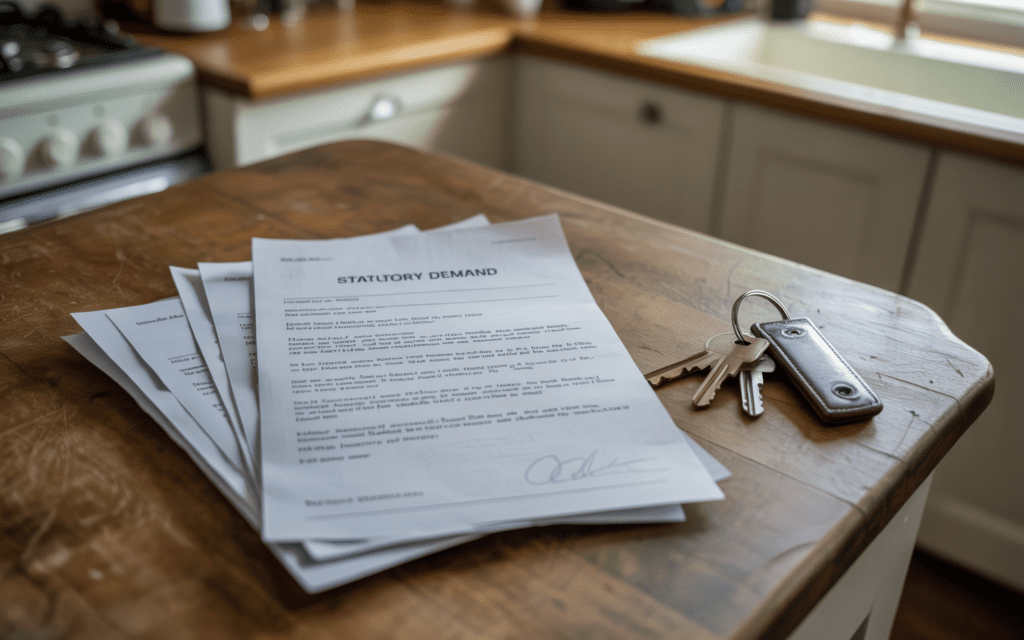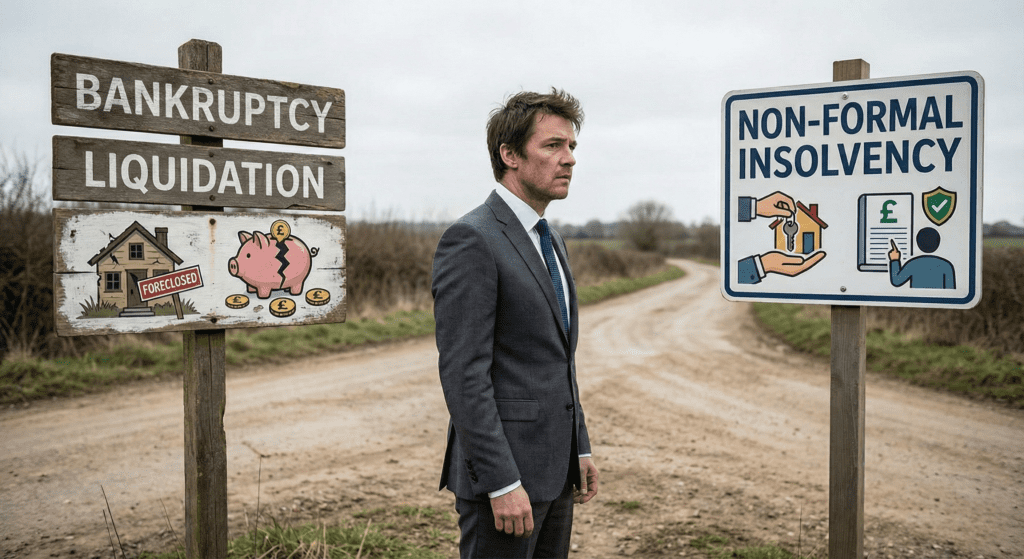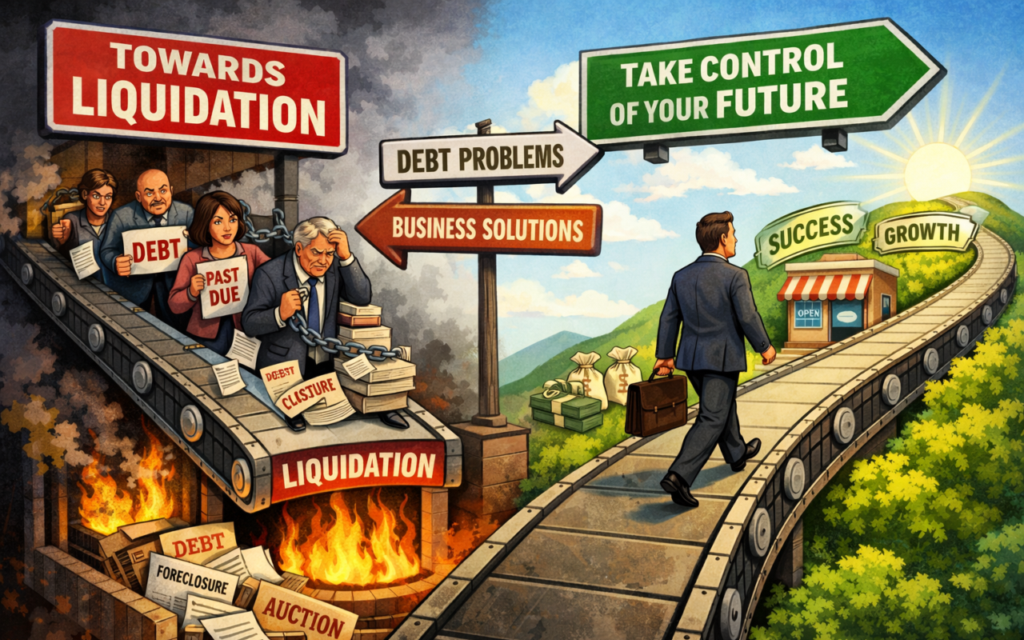Life can throw unexpected financial challenges our way, and for business owners in the UK facing financial difficulties, these situations can be overwhelming. One such challenge that requires careful consideration is illegal dividends, also known as unlawful dividends. Directors need to tread cautiously to avoid making these unlawful payments, as they can have significant consequences.
Understanding Illegal Dividends
Illegal dividends arise when a company pays dividends to shareholders using funds that aren’t legally available for distribution. According to the rules set out in section 830 of the Companies Act 2006, dividends should only be issued from profits available for distribution.
The Consequences of Illegal Dividends
Before we delve into the pitfalls, let’s explore the potential consequences that a company and its shareholders may face if they find themselves issuing illegal dividends:
- Personal Liability: Directors who authorise illegal dividends may become personally liable to repay the money to the company.
- Disqualification and Winding Up: The company itself may face disqualification from trading or even winding up.
- Director Disqualification: Directors involved in such actions may be disqualified from acting as directors of other companies.
- Shareholder Liability: Shareholders who knowingly or should have known that the dividends were illegal may also be liable to repay the money to the company.
How Illegal Dividends Can Lead to an Overdrawn Directors’ Loan Account
Illegal dividends can take various forms, and understanding their implications is crucial for business owners and directors. One of the significant concerns associated with illegal dividends is the potential creation of an overdrawn directors’ loan account. Let’s delve into how this can occur:
Paying Dividends Without Sufficient Funds
Directors may unwittingly land in hot water by paying themselves dividends when the company lacks the necessary funds for such payments. This action effectively creates a debt from the directors to the company, recorded in the directors’ loan account.
Dividends from Company Capital
Another area of scrutiny involves directors paying themselves dividends from the company’s capital. This practice is illegal because capital is meant to safeguard the interests of the company’s creditors. If the company does become insolvent, liquidators may seek to recover these illegal dividends from the directors. Consequently, this can result in an overdrawn directors’ loan account.
Trading While Insolvent
Perhaps the most severe scenario involves paying dividends from the company’s funds while it is insolvent. This situation is known as ‘trading while insolvent’ and is a grave offence. If it’s determined that the company traded while insolvent, the directors may become personally liable for the company’s debts. This can, in turn, lead to an overdrawn directors’ loan account.
How Bell & Company Can Help
Here’s where Bell & Company steps in to offer a solution to these challenging situations. Our expert team specialises in guiding businesses through financial hardships, including issues related to illegal dividends. Here’s how we can assist:
- Comprehensive Assessment: Our experienced team conducts a thorough assessment of your situation, evaluating liability, assets, lender actions, and areas of exposure.
- Tailored Strategy: We develop a tailored strategy to address your specific needs, exploring all available options and providing transparent fee structures.
- Support and Clarity: Throughout the process, we provide complete transparency, addressing all your questions and concerns and offering ongoing support.
- Preventing Personal Liability: We help directors avoid personal liability by guiding them through legal compliance, financial assessments, and strategic planning.
Facing financial challenges as a business owner can be daunting, but illegal dividends don’t have to be one of them. By understanding the consequences and seeking expert guidance from Bell & Company, you can navigate these challenges with confidence and protect your business’s financial future.
Explore the Case Studies section of our website or our YouTube channel for real case studies showcasing how Bell & Company safeguards directors from personal liability.



